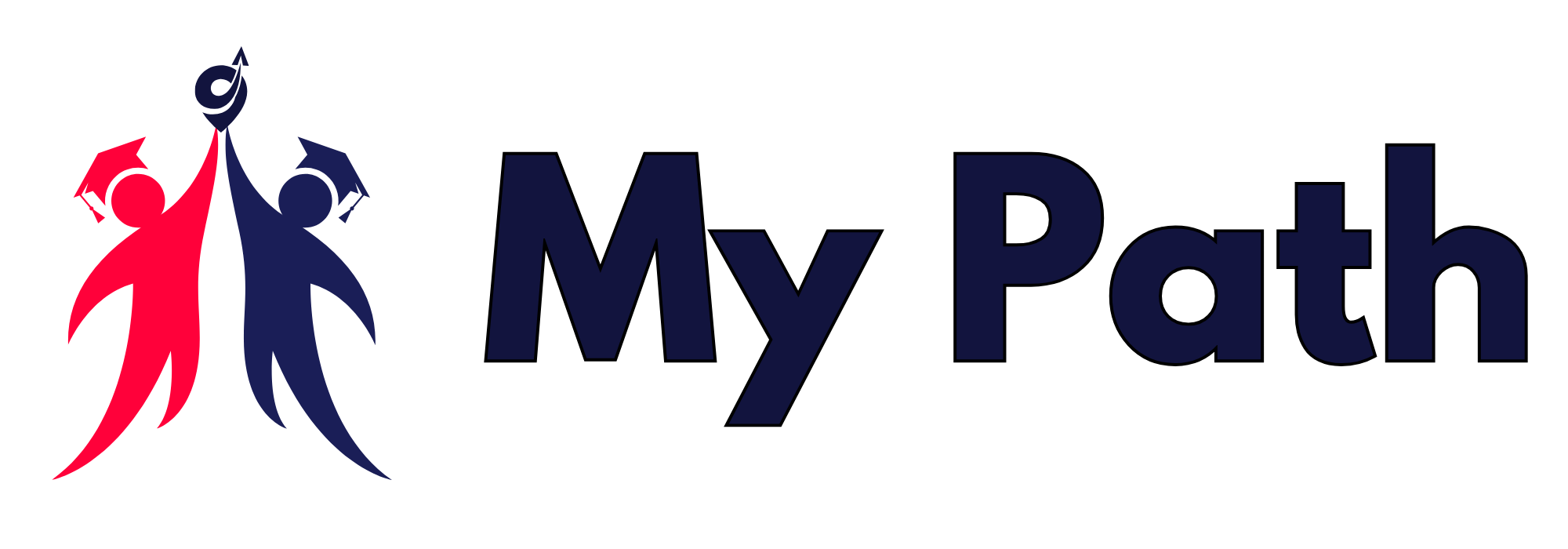
- Email Us [email protected]
- Call Us 9019248282

The Chartered Financial Analyst (CFA) Program is a globally recognized professional credential offered by the CFA Institute, USA. It is designed for finance and investment professionals who want to build a strong foundation in investment analysis, portfolio management, and ethical standards. Widely regarded as the gold standard in the field of finance and investment, the CFA charter provides comprehensive knowledge and analytical skills required to succeed in today's competitive financial markets.
The CFA program focuses on key areas such as equity research, financial reporting, fixed income, economics, quantitative methods, derivatives, alternative investments, and ethical decision-making. Whether you aim to work in investment banking, asset management, hedge funds, or corporate finance, the CFA charter can significantly enhance your credibility and career prospects globally.
To register for the CFA Level I exam, candidates must meet the following criteria:
Hold a bachelor’s degree (or equivalent) or be in the final year of their bachelor’s program
Alternatively, have a combination of higher education and/or work experience totaling at least four years
Have a valid international passport
Meet the CFA Institute’s professional conduct admission criteria
Demonstrate proficiency in English
The CFA program is divided into three levels. Each level builds on the knowledge from the previous one and tests increasingly complex analytical skills:
Focuses on the basics of financial analysis, investment tools, and ethical practices. It uses multiple-choice questions to assess a candidate's understanding of financial reporting, quantitative methods, economics, and portfolio management.
Introduces more complex types of analysis and emphasizes the application of investment tools in asset valuation. This level uses item-set questions to evaluate how candidates apply concepts in practical scenarios.
Emphasizes portfolio management and wealth planning. It uses essay questions and item sets to assess a candidate’s ability to apply knowledge in real-world investment decision-making.
Typically, candidates take 2.5 to 4 years to complete all three levels of the CFA program.
The CFA Institute recommends 300 hours of study per level.
Exams are conducted multiple times a year (depending on the level and location).
Ethical and Professional Standards
Quantitative Methods
Economics
Financial Reporting and Analysis
Corporate Issuers
Equity Investments
Fixed Income
Derivatives
Alternative Investments
Portfolio Management
Emphasizes application and analysis with the same 10 topics but with deeper focus:
Financial Reporting Techniques
Equity & Fixed Income Analysis
Advanced Quantitative Methods
Economic Forecasting Models
Risk and Return Analysis
Portfolio Concepts in Practice
Portfolio Management and Wealth Planning
Asset Allocation Strategies
Behavioral Finance
Private Wealth and Institutional Portfolio Management
Risk Management
Performance Evaluation
Earning the CFA charter opens up prestigious and lucrative career opportunities globally:
Investment Analyst
Portfolio Manager
Equity Research Analyst
Risk Manager
Corporate Finance Manager
Financial Consultant
Hedge Fund Analyst
Wealth Manager
Many CFA charterholders hold senior positions in top financial institutions, including Goldman Sachs, J.P. Morgan, BlackRock, and Morgan Stanley.
Recognized in over 165+ countries
Highly regarded by investment firms, hedge funds, banks, insurance companies, and consulting firms
Gives you an edge in obtaining finance-related visas and work permits abroad
Enrollment Fee: USD 350 (one-time)
Exam Registration Fees: USD 940–1,250 per level (varies depending on early or standard registration)
Additional costs: Curriculum materials, prep courses, mock exams (optional but recommended)
Globally respected credential in finance
Enhances analytical and decision-making skills
Builds a strong professional network
Offers career flexibility and global mobility
Emphasizes ethical practices, which are critical in the finance industry
The CFA Program is ideal for individuals looking to establish or advance a career in investment analysis, portfolio management, or finance. With its global acceptance, rigorous syllabus, and high ethical standards, the CFA charter sets professionals apart in the financial industry. It is an investment in your future that pays lifelong dividends.